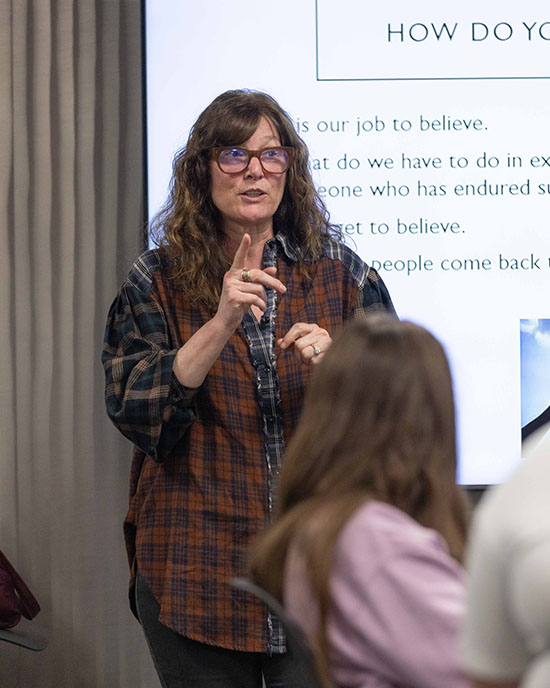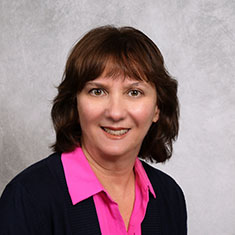Office of Assessment, Accreditation and Growth
The Office of Assessment, Accreditation and Growth supports continuous improvement to create a positive impact within CHESS.
Our Vision
To sustainably engage students and faculty in
- engaging in continuous improvement processes
- cultivating a culture of assessment
- fostering and supporting innovation within CHESS
- discovering possibilities
Services We Provide
Assessment Support
- Program Assessment Retreats
- Taskstream Support
- Continuous Improvement Cycle
Data Support
- Assessment Warehouse
- Data Dashboard
- Program Data Request
Growth Initiatives
- Funding opportunities
- Program badging and micro-credentialing
- Student Surveys
Professional Development
- Assessment Training
- Data Literacy

Our Resources
We have a variety of resources to support continuous improvement within CHESS. Resources include information on student focus groups, program annual reports and more.
For additional faculty resources, please visit the Center for Faculty Excellence.
Meet Our Staff

Dean, College of Humanities, Education and Social Sciences
Hammond, CLO 315



Devin O’Malley
Administrative Assistant, Office of Assessment, Accreditation & Growth
(219) 989-3220
Hammond, CLO 315
Program Assessment Retreats
Roadmap to Human-Centered Design
Human-centered design is a practice where designers focus on people and their context, seek to understand and solve the right problems, recognize the complexity of interconnected systems and implement small interventions. They continually prototype, test and refine their products and services to ensure their solutions truly meet the needs of the people they focus on.
Phase 1: Assessment and Learners
- Purpose
- Focus Groups
Phase 2: Curricular Mapping
- Mission and Vision
- Look at other institutions
- Student learning objectives (SLO) developed IDP Chart
*Student learning objectives implemented across the program
Phase 3: Assessment, Development and Refinement
- Student Behaviors Defined
- Courses Identified
- Pilot
Phase 4: Model of Continuous Improvement
- Data dialog day (DDD)
- Annual Reporting
Continuous Improvement Cycle
The Continuous Improvement Cycle involves a systematic process of planning, implementing, assessing, and refining programs and practices. This iterative approach ensures that the program continuously meets and exceeds quality standards, fostering an environment of ongoing enhancement and excellence.
